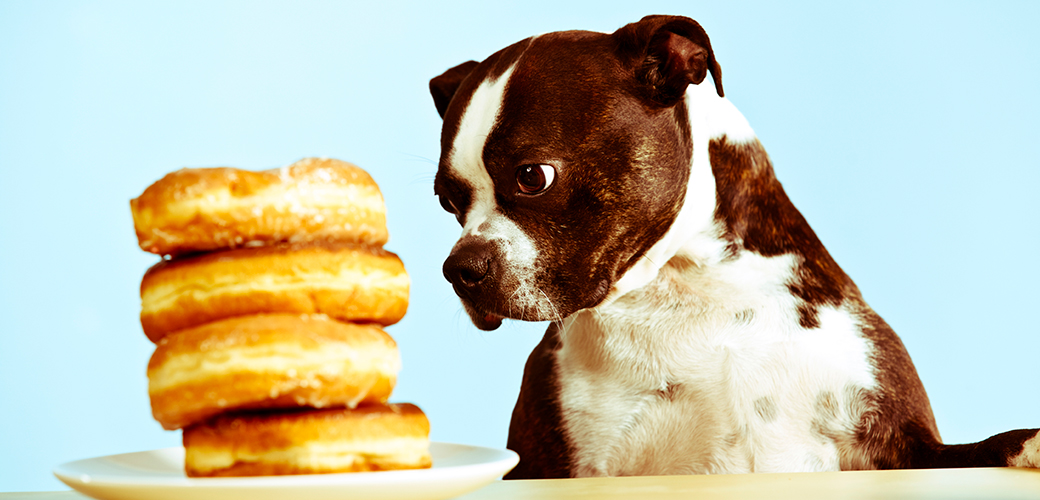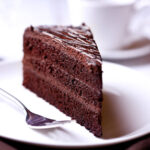Hooman foods to avoid feeding your dog at Christmas
December 19, 2022
Keep these treats for the humans, not the dogs at Christmas
Christmas is here, which means lots of festive foods. While we’re indulging in ham, chocolate, alcohol and Christmas Cake, we may not notice our poochy companion sneak a treat for themselves. It’s important to be aware of the health risks to your dogs at Christmas. The following foods should be kept out of reach of your dog during the holiday season.
Chocolate
We all know that chocolate can be dangerous, and certain types are more dangerous than others. For example, the darker the chocolate, the more dangerous it is for dogs. There’s usually plenty of chocolate around at Christmas. Chocolate contains Theobromine which, when ingested, can cause vomiting, diarrhoea, hyperactivity, abnormal heart rhythm, tremors and seizures, so best to make sure it’s not accessible to your dog.

Raisins, Grapes and Sultanas
These Christmas favourites, either out for snacking or mixed into Christmas cakes and treats, are toxic for pets and can cause vomiting, and in more severe cases kidney failure. It’s been recently discovered that it’s the tartaric acid in them that is toxic to our pets, so it is recommended to keep them well away from our furry friends. No Christmas cake or pudding cake for you fido. Apparently green grapes are less toxic but still not recommended.
Onions
Popular on the BBQ and in many turkey stuffings, onions can cause problems if eaten in excess by our pets. It can cause long-term problems to your dog’s red blood cells, which may lead to anaemia; making them weak and lethargic. They may also experience gastrointestinal upsets from onion.
Macadamia Nuts (and limit others)
Macadamias are highly poisonous to dogs. The signs of macadamia poisoning include vomiting, tremors, hyperthermia and in serious cases, the inability to walk and paralysis. In addition, eating a macadamia that is still encased in its shell could cause a blockage in their digestive system. Most nuts, including almonds, pecans and walnuts, contain high amounts of oils which may result in vomiting and diarrhoea. Keep the nut bowl out of reach this Christmas so your dogs are not tempted.
Nutmeg
It wouldn’t be Christmas without that hallmark combination of spices lingering in the air, and nutmeg is one of them. As you dust off your next eggnog, be careful not to fling nutmeg around too much as it is a lesser known toxins to dogs. The Australian Veterinary Association notes that nutmeg can be associated with tremors, seizures and nervous system issues.
Cooked Bones
A raw meaty bone is excellent for your dog’s dental and mental health. Chewing promotes a feeling of wellbeing and stimulation. Cooked bones are dangerous for your dog because they can splinter, causing internal injuries. It’s common for unknowing family members to offer cooked bones to your dog as treats at Christmas, so make sure you clear bones away from your dog’s reach.
Christmas Ham
A common cause for a vet visit at Christmas time is the salty Christmas ham. The curing salts in bacon and hams can cause painful digestive upsets with diarrhoea and vomiting and, sometimes, can lead to pancreatitis. This can be really distressing for you and your pet, so make sure you restrict the ham to the hoomans.
Xylitol
This sweetener can be found in lollies, chewing gum, baked goods, toothpaste and even in some peanut butters. It can cause insulin release in most species. The increase in insulin leads to hypoglycemia (lowered sugar levels). Your dog may experience vomiting and lethargy, which can develop into seizures, and in worse cases, liver failure within a few days.
Alcohol
Alcohol poisonings in dogs can occur very quickly because dogs are much more sensitive to its effects than humans. This may present with symptoms of vomiting, loss of consciousness, or difficulty breathing. If you spill it, clean it up straight away, do not let your dog clean the floor.
What to do if my dog eats one of these foods?
Try to estimate how much of the food your pet has eaten, stay calm and contact your vet right away. Your vet will be able to determine whether you need to make an emergency trip to the clinic.
If the foods upset their digestive system, a probiotic may assist them in recovering and restoring their digestive balance.
What treats can my dog have at Christmas?
Dog’s tastebuds are not as sensitive as ours, so strong tasting treats like sardines and anchovies are highly rated by some dogs – my Lucy is crazy for anchovies. Blueberries and natural yoghurt (unsweetened) is a great treat too. Or you could bake your own treats for your dog, there are plenty of websites with great recipes for dog treats – google is your friend. And of course there are many species appropriate treats at your pet store.


